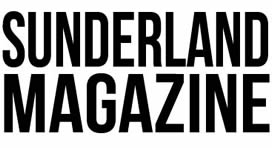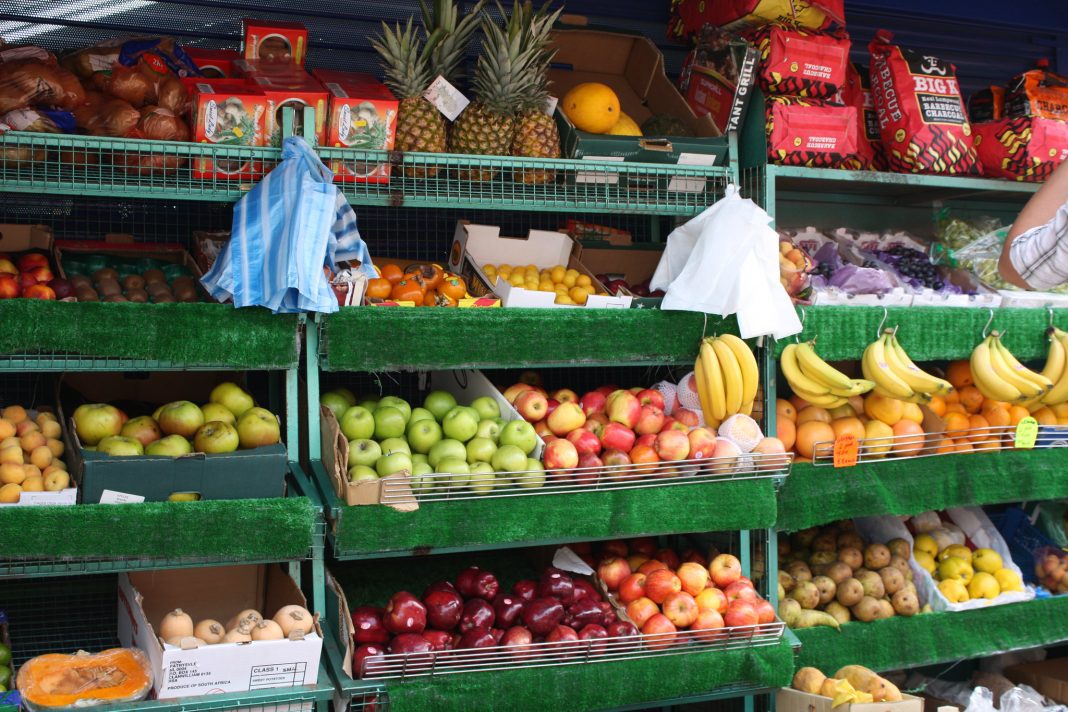An innovative Sunderland tech project has developed edible barcodes that can be stuck onto a variety of foodstuffs in shops and supermarkets.
The codes can be directly attached to products such as meat, fish, bread, vegetables and fruit, as well as packaged and canned goods.
Shoppers can then find out all kinds of information about the products by simply scanning them with their phones. To do this, customers just need to download an app.
By scanning the codes, shoppers can learn facts such as where the food has come from and if it is likely to trigger any allergies.
Customers can also be informed about the nutritional qualities of the food, its ingredients and how best to dispose of any waste associated with the product. The code can even suggest recipes.
It is hoped that, by containing information in the code, the need for packaging will be reduced, helping the food industry to become greener.
The code is written in edible ink so customers don’t have to worry about removing it from the foodstuffs. The codes meet the Food Quality Standards Framework and are produced in an environmentally friendly way.
The codes and app have been developed by north-east start-up Label Says Ltd in partnership with the University of Sunderland. The project has seen businessman Peter Woods collaborating with Sunderland graduates Daniel Almond and Dominic Hutchinson and Associate Professor Derek Watson.
Dominic, 22, who graduated this summer with a degree in Games Development, helped to design the software behind the app. Daniel, 21, recently gained a degree in Animation and Games Art. Both graduates come from Sunderland.
Peter Woods said, “I am delighted to be working with the University of Sunderland; it’s a great collaboration between a start-up SME (small or medium-sized business) and the university and I have really been impressed by the quality of support I have been given.”
“The way we buy our food will drastically change in the coming years. Climate change, as well as the demand from customers, is driving supermarkets and other food providers to drastically reduce their packaging.”
“The application we have developed enables customers to get the relevant information they need about nutrition, sourcing, allergies and how to dispose of any waste, without the need for excessive packing. Ultimately, it is better for the customer, the food supplier and our planet.”
Associate Professor Watson said, “Working with Label Says Ltd is a clear demonstration of how our university collaborates effectively with external partners.”
“The project hinged on two very talented students working in the area of augmented reality, and we were exceptionally lucky to have Daniel and Dominic, who have proved themselves in the commercial arena.”
Augmented reality is the blending of digitally generated experiences with the ‘real world’, as in the game Pokemon Go. Augmented reality will be an important part of Label Says Ltd’s app.
Label Says Ltd is in the process of patenting its technology. For more information on the company, please go to https://www.labelsays.com/.
Label Says Ltd has received funding from the GX project, a two-year business innovation programme aimed at helping SMEs. The GX project is part of the legacy of last year’s Great Exhibition of the North.
(Featured image courtesy of M@sh, from Flickr Creative Commons)
















